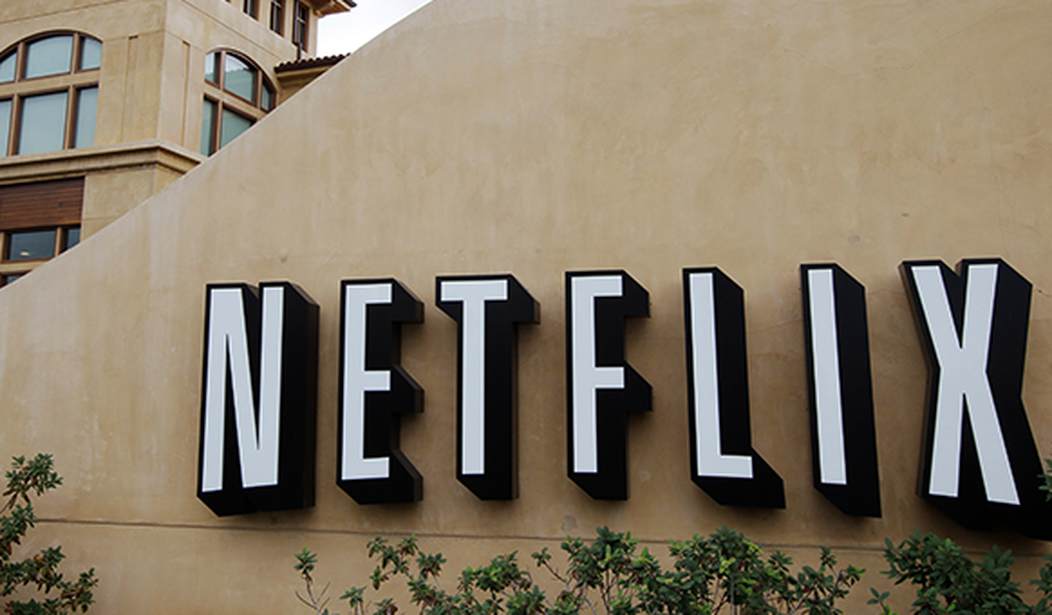“Ignore company slogans. It’s easy to make something sound nice on paper, it’s more telling to observe what the company does in practice.”
This is the cynical advice I recently gave a friend when she was excited to hear a company put out a statement on women’s equality.
To some, this advice may sound pessimistic, but actually it’s empowering.
We live in an increasingly #WokeCapital world, where companies put out advertisements and statements to signal their allegiance on different social issues. Whether it’s Gillette’s commercial about toxic masculinity, Yoplait’s commercial about “mom shaming,” or Pepsi’s disastrously received commercial referencing the Black Lives Matters movement, the trend of pledging a brand’s allegiance to the latest hot social topic is far from slowing down.
Unfortunately, while corporate statements about social issues may occasionally be good food for thought—they typically fall short of meaningful societal impact. Instead they just create a short buzz around their brand, and (the executives hope) a bump in their revenue.
So, in efforts to shift or influence culture on important social matters, should we ignore corporations?
No.
Instead, we should be working to leverage the free market (a.k.a. the demands of consumers) to drive meaningful corporate changes.
What does that look like?
Recommended
One example is the National Center on Sexual Exploitation’s Dirty Dozen List—an annual campaign that names 12 leading mainstream contributors to sexual exploitation and abuse.
As Vice President of Advocacy and Outreach at NCOSE, this is the second year I’ve led this campaign which operates on a simple thesis: no corporation should facilitate or profit off of sexual exploitation—whether it’s sex trafficking, pornography, sexual assault, etc.
Importantly, this campaign doesn’t merely air a business’s dirty laundry. It also gives individuals a chance to get involved and add their voice to the debate, by providing simple ways people can contact companies or executives online.
The formula works.
After activism conducted through the Dirty Dozen List,
- Hilton Worldwide and three other major hotel corporations stopped selling on-demand pornography in their hotel rooms;
- Walmart pulled Cosmopolitan out from its checkout aisles;
- Snapchat created in-app reporting for sexual harassment;
- Google stopped linking ads to pornographic content and removed pornographic apps from GooglePlay;
- And more!
Let’s be honest, Google and Walmart probably have more to do with most people’s daily lives than their elected representatives. Companies influence how we dress, the words we use, the news we hear, and more. That’s why it is significant when a corporation condones or condemns sexual exploitation through their practices.
Every time a company stops sending profits to the pornography industry, improves the ability for customers to report sexual harassment, or stops disseminating sexually objectifying messages it is a small adjustment to the trajectory of our society.
This year, the Dirty Dozen List is naming a wide variety of entities that are contributing to a sexually degrading society. Included on the List are:
- Massage Envy—for policies that attempt to silence claims by hundreds of women who have been sexually assaulted during a massage;
- United Airlines—for not adequately training aircrew staff to handle sexual harassment, including on-flight pornography viewing;
- Netflix—for faulty parental controls and for producing original content that graphically portrays sexual assault, minimizes minor sex trafficking, and pressures actors to get nude to get a role;
- Amazon—for selling sex dolls (many of which are child-like), incest-themed erotica, eroticized child nudity books and more;
- Sports Illustrated Swimsuit Issue—for profiting from the sexual objectification of women under the false veneer of “empowerment";
- View the full list here.
It’s time to start really holding corporations accountable. Brand-building slogans and “edgy” social statements are too often a crass exploitation of our nation’s deepest problems.
Recognizing this, the National Center on Sexual Exploitation is not the only group working to leverage consumer demand for good. The Canadian organization Defend Dignity has begun to use similar tactics, and the Australian group Collective Shout has achieved several corporate victories on sexual exploitation issues as well.
You can even do this on your own by making formal complaints to businesses and contacting them on social media. While it may not feel like one complaint will make a difference, it’s incredible what a hundred or a thousand can accomplish.
If companies want to be “woke”—then let’s set the bar higher than a hashtag or a commercial.
Let’s require companies to make a meaningful change.

























Join the conversation as a VIP Member